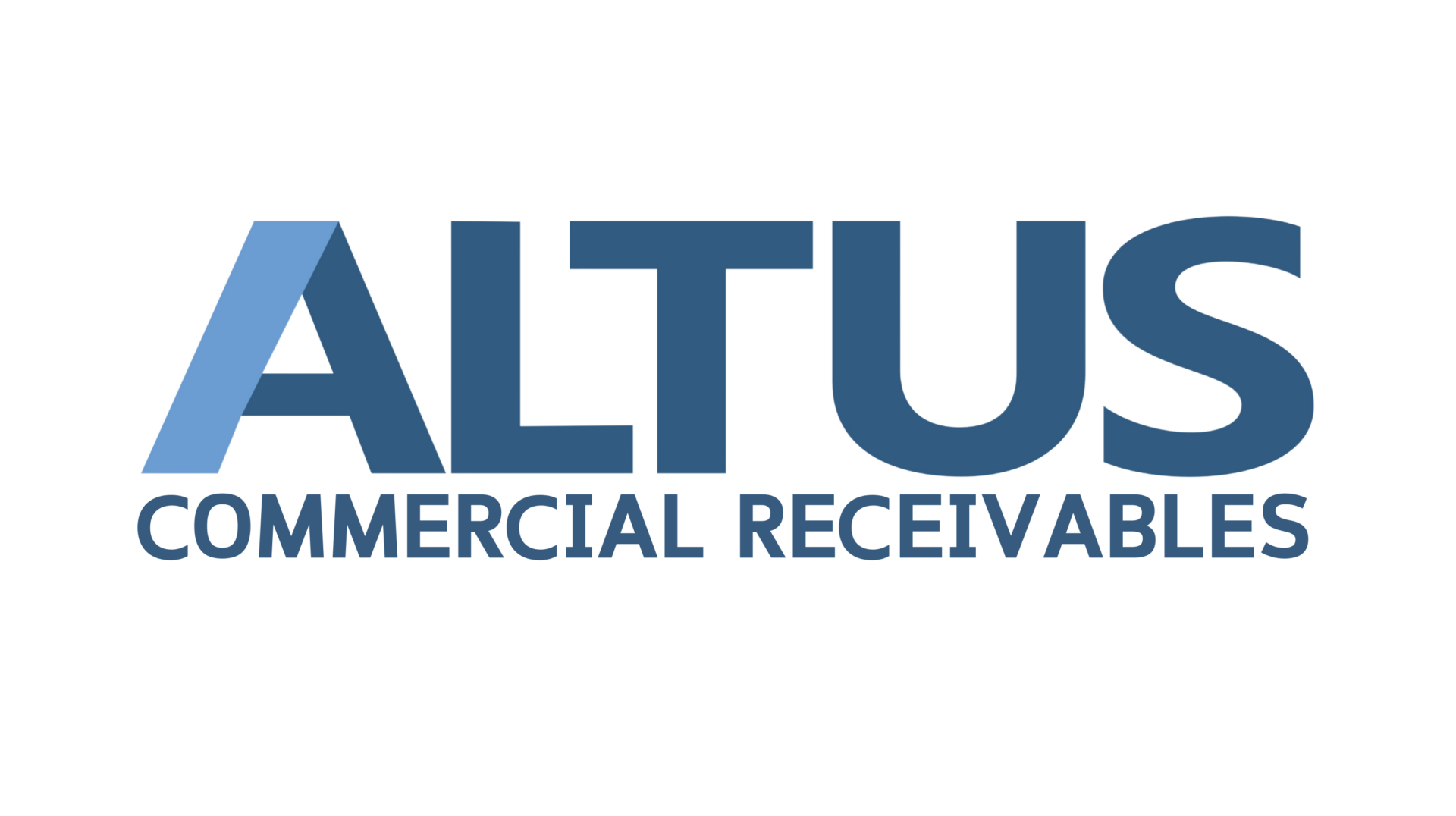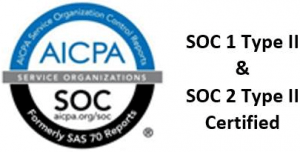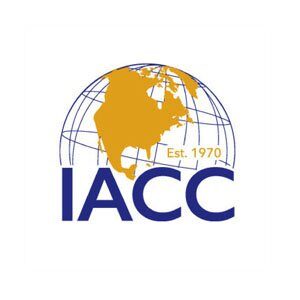A Guide To Collection Litigation Definition and More
Handling unpaid invoices or overdue accounts can be one of the most challenging aspects of managing a business. Despite every attempt to collect outstanding debts, there are instances when traditional methods aren’t enough. Enter collection litigation services—a specialized approach that can help businesses recover what they’re owed through legal channels.
This blog will cover everything you need to know about collection litigation definition and services, including when it makes sense to use them, the debt collection litigation process, and how they can benefit your business.
What Are Collection Litigation Services?
The collection litigation definition is defined as involving using legal actions to recover outstanding debts when other collection efforts have failed. It’s often considered a last resort due to the time and expenses involved but can be highly effective for ensuring that an outstanding debt is paid.
The process typically begins with a debt collection agency filing a formal lawsuit on your behalf against a delinquent party. If successful, it may lead to obtaining a court judgment, which can enforce measures like wage garnishment or seizing assets to recover the debt.
When Does Litigation Make Sense?
Litigation is not always the ideal first step in collecting a debt. Often, less aggressive avenues like reminders or negotiations are sufficient. However, collection litigation can make sense in certain circumstances, including when:
- The debtor refuses to respond to communication or compromise.
- The amount owed is significant enough to justify the costs of legal action.
- The debtor is financially capable of paying but is deliberately avoiding payment.
- You’ve exhausted other debt collection options with no success.
For businesses in financially stable positions that anticipate a favorable return on the investment of litigation, this can be a strategic move. However, it’s crucial to evaluate the risks and benefits with the assistance of professionals like a collection agency.
Navigating the Debt Collection Litigation Process
Understanding the debt collection litigation definition and process can demystify what happens when legal action is the chosen route. Here’s how it typically unfolds:
Step 1: Filing a Lawsuit
The first step in litigation is filing a lawsuit against the debtor. This is done in the jurisdiction where the debtor resides or where the business operates. By filing the lawsuit, you officially initiate legal proceedings and notify the debtor of the claim being made against them.
Costs associated with this step can vary and may include filing fees, service fees, and documentation expenses. Military or corporate debtors may require additional steps to ensure proper service of the lawsuit.
Step 2: The Judgment Process
If the lawsuit proceeds to court and you successfully prove your case, the court may issue a judgment in your favor. Judgments can also be granted by default if the debtor fails to respond to the lawsuit or attend court hearings.
This judgment demonstrates that the court has legally recognized the debt and your right to collect it. While it’s a vital milestone in the litigation process, obtaining a judgment doesn’t automatically mean the debt will be paid.
Step 3: Collecting the Debt
Once a judgment is obtained, collection agencies can assist with enforcing payment. Potential methods include:
- Wage Garnishment: The debtor’s employer is required to redirect a portion of their earnings toward repayment.
- Asset Seizure or Liens: Legal claims allow creditors to seize specific assets or place a lien on real estate owned by the debtor.
- Bank Levies: Funds from the debtor’s bank accounts may be accessed through legal orders from the court.
Keep in mind that collecting the debt often involves additional steps, such as debtor examinations to uncover assets or seeking court orders to enforce the judgment. While time-consuming, these measures offer a robust way to recover what you’re owed.
Why Work with a Collection Agency for Litigation?
The complexities of the litigation process make partnering with an expert collection agency a wise investment. Here’s how a collection agency can help simplify things for your business:
- Legal Expertise: Collection agencies specialize in navigating the legalities of debt collections, ensuring compliance with relevant laws and regulations.
- Resources for Investigation: Agencies conduct thorough investigations, tracing assets or bank accounts needed to enforce judgments.
- Cost-Effective Strategies: Agencies evaluate whether litigation is the best approach for your specific case, helping you avoid unnecessary legal expenses.
For businesses that need a professional and effective debt recovery partner, collection agencies can significantly increase the likelihood of recovering funds without burning too much time or resources.
ALTUS Collection Litigation Services Can Help Recover Your Debt
Body:
At ALTUS, we recognize that taking legal action is not always the first or most desirable step. That’s why we exhaust every other avenue to recover funds for our clients before considering litigation. However, for the situations where collection litigation services make sense, we provide unmatched expertise and support throughout the process.
One of the key advantages we offer is our extensive attorney network. Thanks to our attorney network, we can connect clients with the right legal representation in the debtor’s location without requiring a retainer to get started. This eliminates a major hurdle and ensures a seamless process from start to finish.
With over 30 years of experience as North America’s leading commercial debt collection agency, our team goes beyond traditional approaches to ensure results. Our proprietary ARM-Strong™ platform streamlines debt collection processes, while our experienced professionals guide you through each step with compliance and efficiency.
If you’re struggling with unpaid debts and want to explore how we can help your business recover crucial funds, get in touch with ALTUS. Our team is ready to assess your unique situation and build a tailored recovery plan that fits your needs.
Contact us today to learn more and start recovering your debts!






